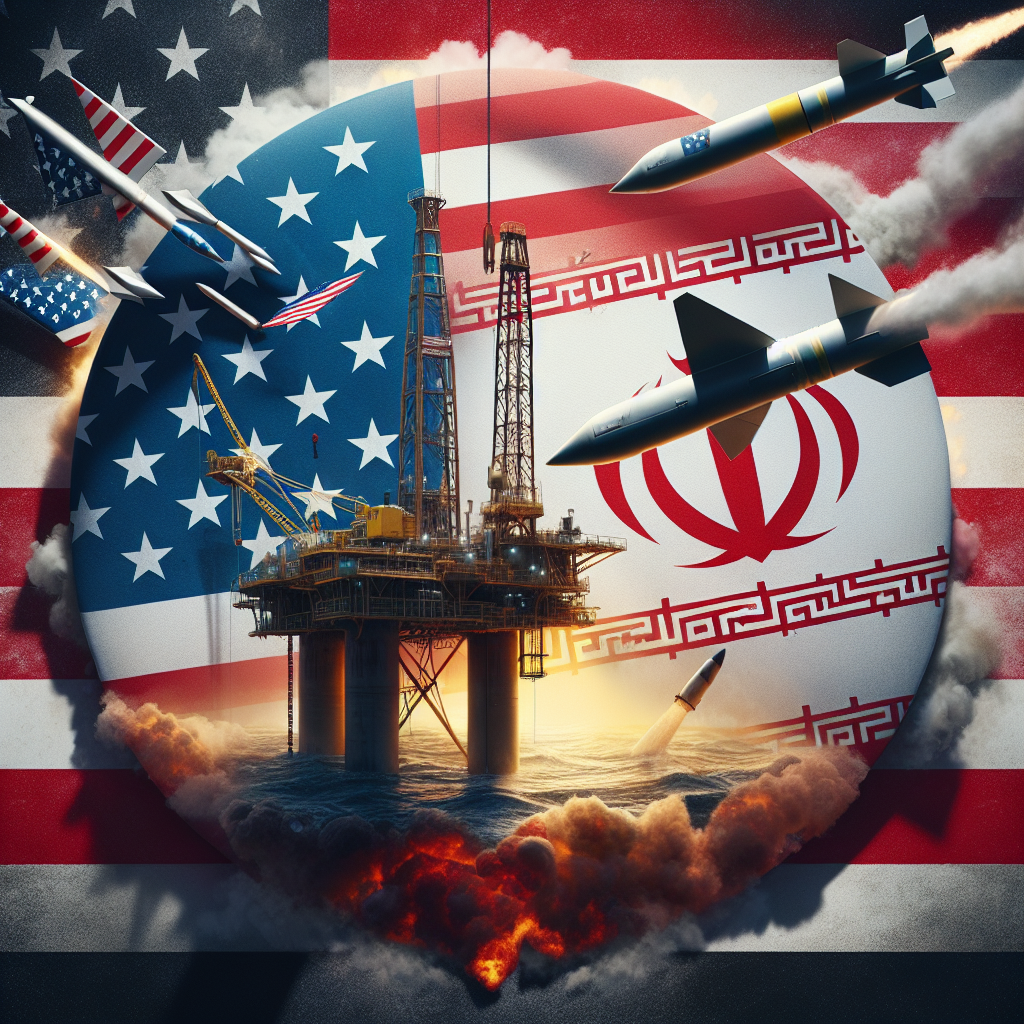US Enacts Sanctions on Iran’s Oil Industry Following Missile Strike on Israel
US Enacts Sanctions on Iran’s Oil Industry Following Missile Strike on Israel

Background
The United States has imposed new sanctions on Iran’s oil industry in response to a recent missile strike on Israel. This move marks a significant escalation in tensions between the two nations, with the US aiming to curb Iran’s financial resources that could potentially fund further military actions.
Key Details of the Sanctions
- Targeted Entities: The sanctions specifically target key players in Iran’s oil sector, including major oil companies and financial institutions involved in oil transactions.
- Economic Impact: These measures are expected to significantly impact Iran’s economy, which heavily relies on oil exports for revenue.
- Global Oil Market: The sanctions could lead to fluctuations in the global oil market, affecting prices and supply chains worldwide.
Reactions and Implications
The sanctions have elicited varied reactions from the international community. While some countries support the US’s decision as a necessary step to deter aggression, others express concern over potential destabilization in the region.
- International Support: Allies of the US, including several European nations, have expressed support for the sanctions, emphasizing the need for a strong response to the missile strike.
- Regional Tensions: The sanctions may exacerbate existing tensions in the Middle East, with potential repercussions for regional security and diplomatic relations.
Conclusion
The US’s imposition of sanctions on Iran’s oil industry represents a strategic move to weaken Iran’s economic capabilities following the missile strike on Israel. While intended to deter further aggression, these sanctions could have far-reaching effects on the global oil market and regional stability. The international community remains divided on the issue, highlighting the complexity of geopolitical dynamics in the region.

















